Israel’s Nukes Derail U.S. Nonproliferation Goals

According to U.S. and Israeli intelligence, Iran is not building nuclear weapons, but cracking down on the country is a top U.S. policy goal. By contrast, Israel’s longstanding nuclear weapons program is rarely mentioned. In this policy brief produced in collaboration with American Muslims for Palistine, Al-Shabaka Policy Advisor Victor Kattan argues that if the U.S. is really serious about nuclear nonproliferation it must also tackle Israel’s massive nuclear arsenal.
Democratizing the PLO: Five Questions
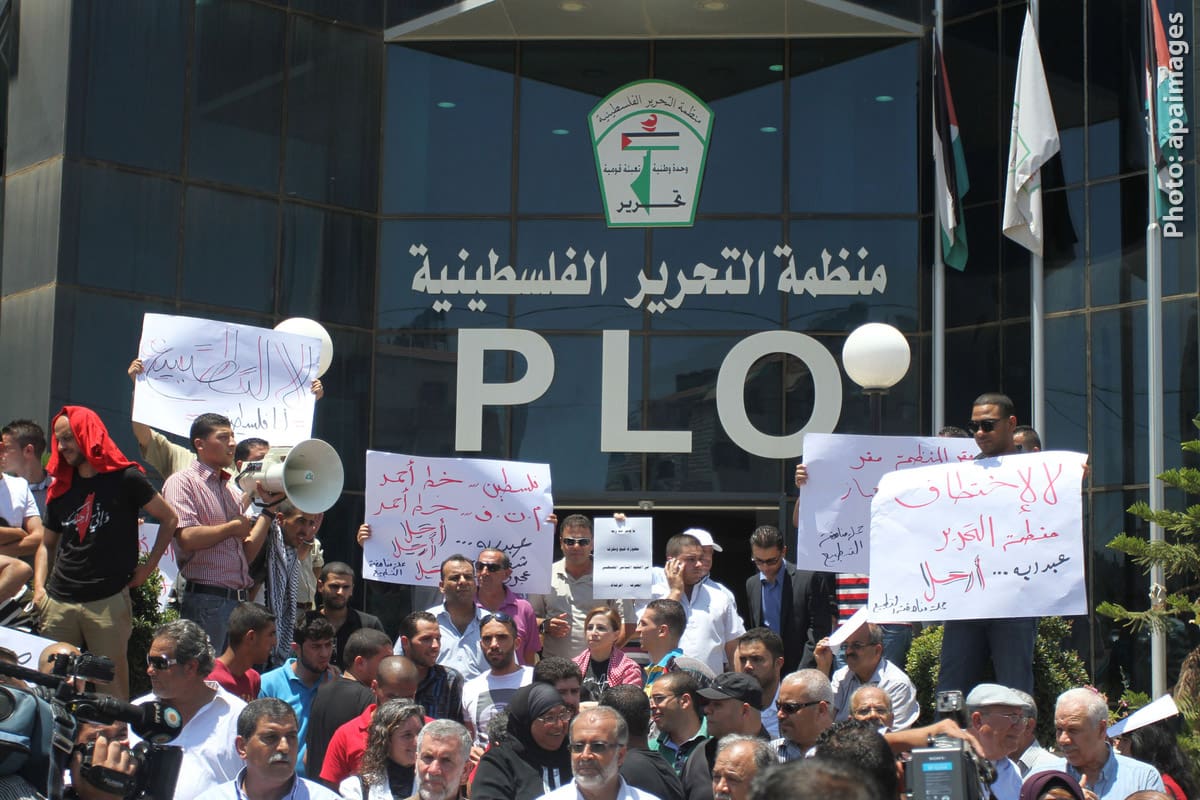
There are lively, ongoing discussions amongst Palestinians about democratic representation to which Al-Shabaka policy advisors continue to contribute. In his commentary on democratizing the PLO Toufic Haddad poses some questions arising out of the present political scene and the implications for democratic elections.
Debating Palestine: Representation, Resistance, and Liberation
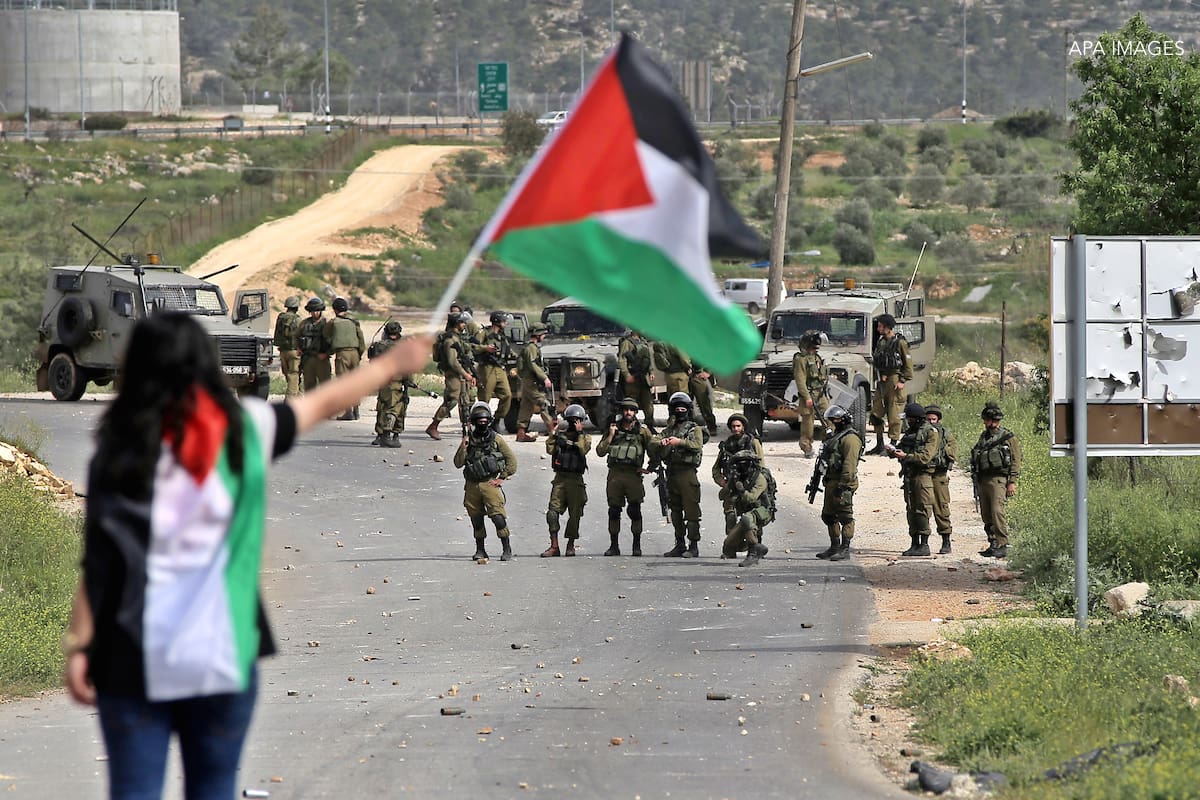
Palestinian communities the world over are grappling with the questions of who really speaks in their name and how to craft strategies for resistance and liberation. In this thoughtful essay, Al-Shabaka Policy Advisor Rabab Abdulhadi draws on the history of the Palestinian national movement as well as her own experience as a scholar-activist to provide some answers. She also asks provocative new questions – such as what does it mean to be a Palestinian today and where does that leave Palestinian Arab Jews and Jews that do not identify with Israel’s settler colonialism, and what kind of relations Palestinians should develop with the Arab movements for freedom.
Looking for a Leadership with a Strategy
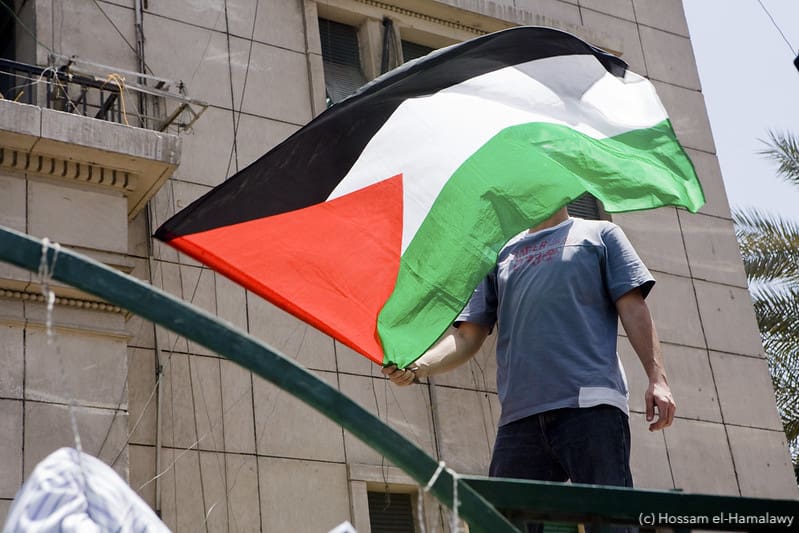
In this Roundtable, Al-Shabaka Policy Advisors Haidar Eid and Samah Sabawi as well as guest contributor Loubna Qutami discuss Noura Erakat’s policy brief Beyond Sterile Negotiations: Looking for a Leadership with a Strategy. They critique issues relating to the Boycott National Committee (BNC), the questions of representation and self-determination, the colonial condition, and the future of the struggle. In her response, Erakat expresses her concern over the fragmentation of the Palestinian national body and the failure to articulate a political vision for a solution. She argues that Palestinians should adopt a one-state solution as a political vision that aims for the equality of all persons irrespective of nationality, ethnicity, religion, or race.
Beyond Sterile Negotiations: Looking for a Leadership with a Strategy
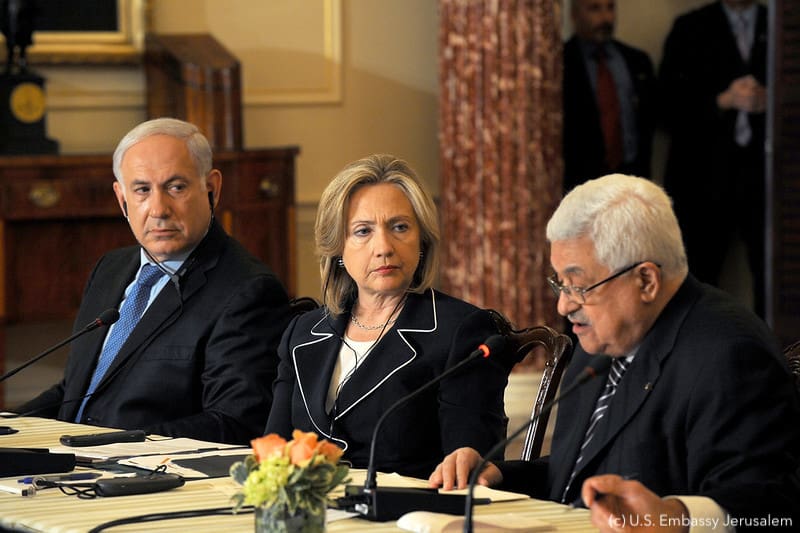
Given the abject failure of the Palestine Liberation Organization to secure Palestinian rights since it was established, and especially since it adopted an exclusive peace process track, Al-Shabaka Policy Advisor Noura Erakat argues that it is past time to explore how a national liberation strategy can be elaborated — and who can lead it. She discusses the transnational Palestinian networks that are being formed as well as the Boycott National Committee. The former have aspirations to build political programs and authoritative leadership but are still in their early stages, while the latter has become a leading body but has deliberately opted against a political program and leadership. She explores the South Africa model, and argues for a dual approach of working for rights while at the same time actively seeking answers to the pressing need for a unified political program and leadership.
A Reset for U.S. Policy? Not Now, But Watch the Base
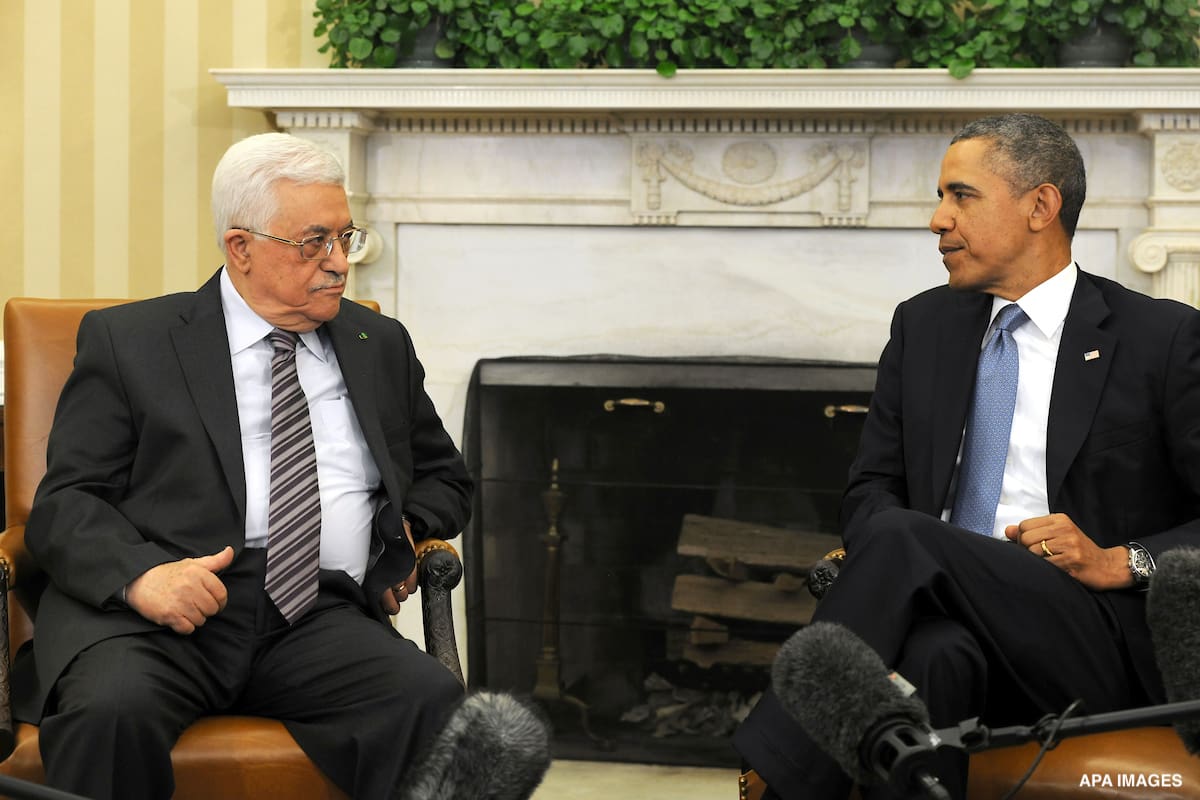
What can be expected from the final months of the Obama Administration on the Arab-Israeli conflict? Al-Shabaka Policy Advisor Rashid Khalidi is pessimistic about any policy shift in the foreseeable future. Indeed, he describes President Barack Obama’s UN speech in September as the worst ever by an American president and AIPAC (the American Israel Public Affairs Committee) as far more effective today than it was in the 1970s and 1980s, partly due to the efforts of Dennis Ross. In this wide-ranging interview with Al-Shabaka Policy Advisor Victor Kattan, Khalidi explains why he sees no hope at present for a just U.S. policy, although this could change if public opinion — which is much more enlightened than that of U.S. policy makers — makes itself felt through the media and at the political level.
The Russell Tribunal on Palestine and the Question of Apartheid
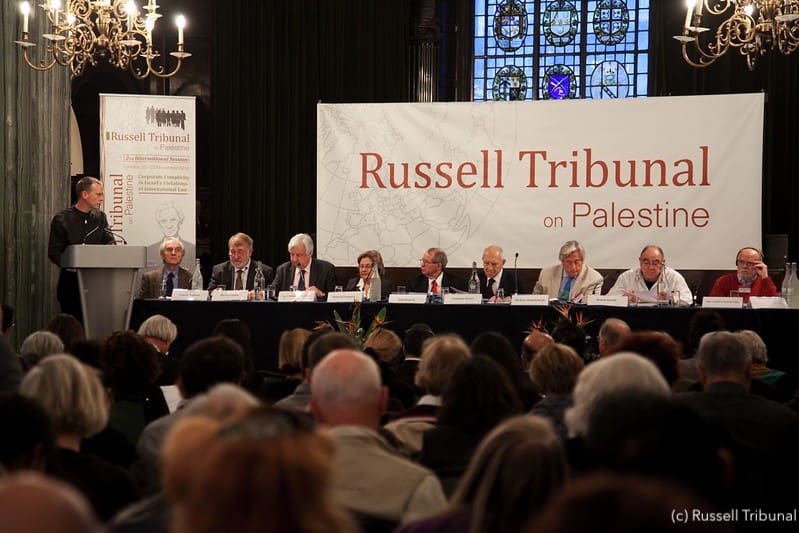
The third session of the Russell Tribunal on Palestine recently convened in Cape Town, South Africa. Its perhaps most controversial finding was that Israel applies a system of apartheid to the entire Palestinian people, including its own citizens. What is the significance of this finding, and what does it mean for civil society in Palestine and the Diaspora — and for Israel and its supporters? In this policy brief, Al-Shabaka Policy Advisor Victor Kattan describes what apartheid means under international law, highlights the Tribunal’s findings, and explains its significance.
What’s Next for Palestine?
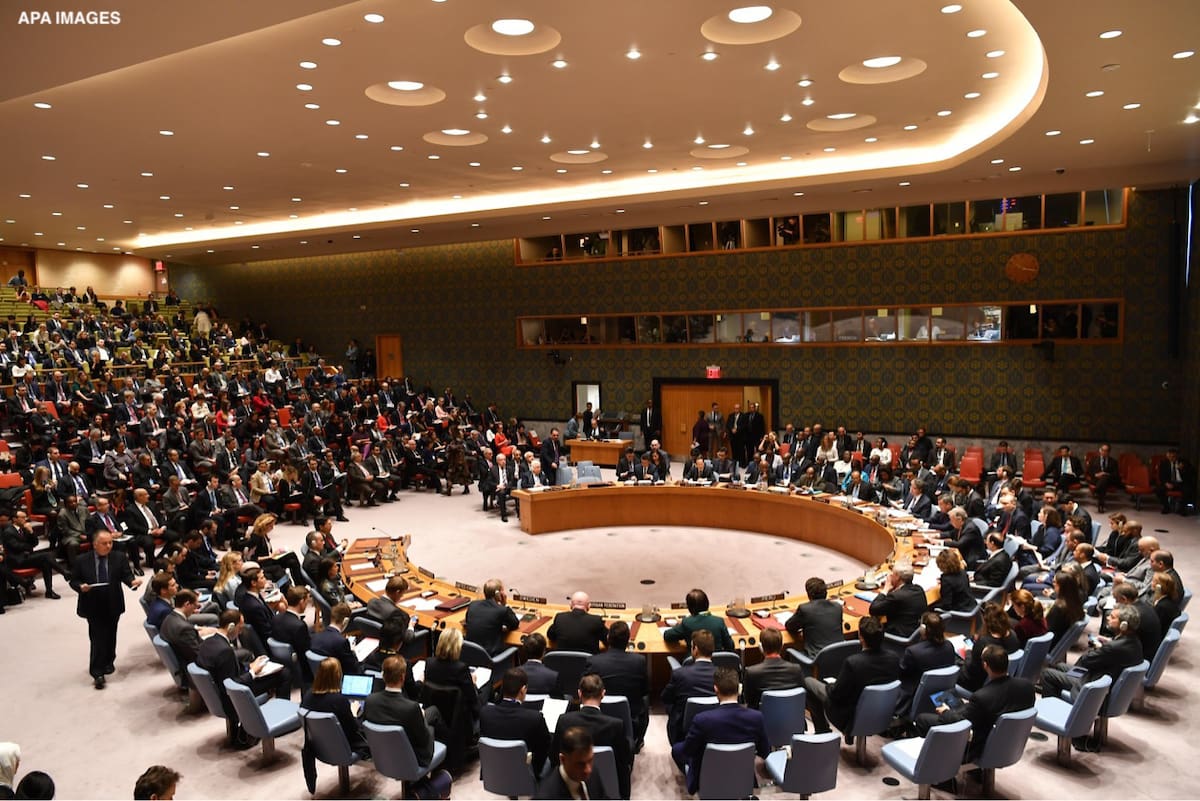
The failure of the Palestine Liberation Organization’s bid for full membership in the United Nations marks the end of the road for the Palestinian Authority, argues Al-Shabaka policy advisor Samah Sabawi. She discusses the PA’s disarray and notes that future setbacks can only be avoided with a completely different approach in the struggle for human rights.
The Geopolitics of the Hamas-Israel Prisoner Exchange

Each of the key actors involved in the Israeli Palestinian conflict is using the Hamas-Israel prisoner exchange to position themselves to regional advantage although it is too soon to tell who will come out ahead. Al-Shabaka Policy Advisor Laila El-Haddad examines the way in which the shifting geopolitics will impact internal Palestinian dynamics.






